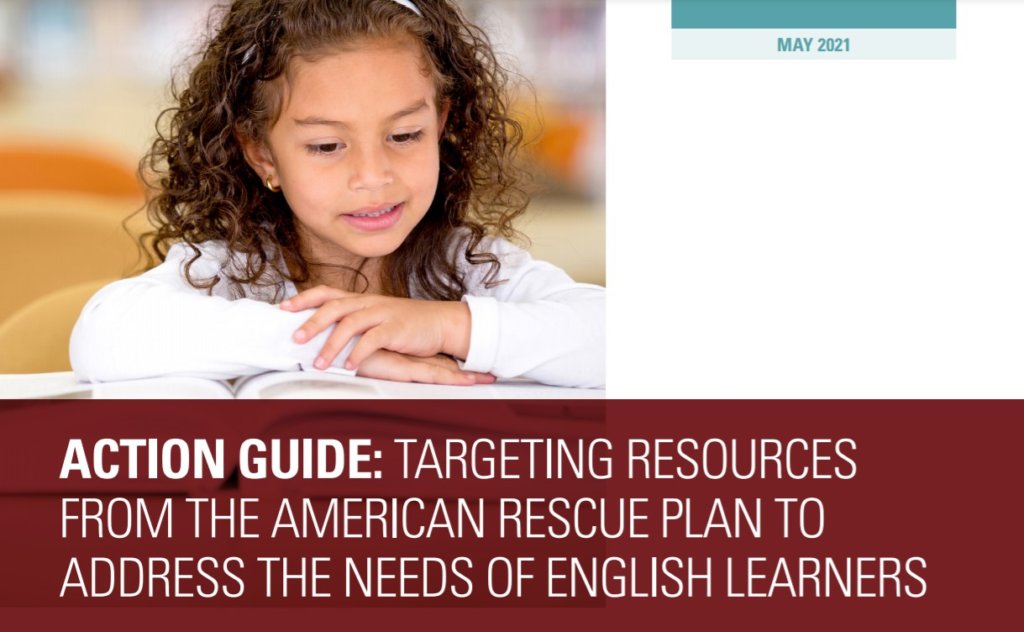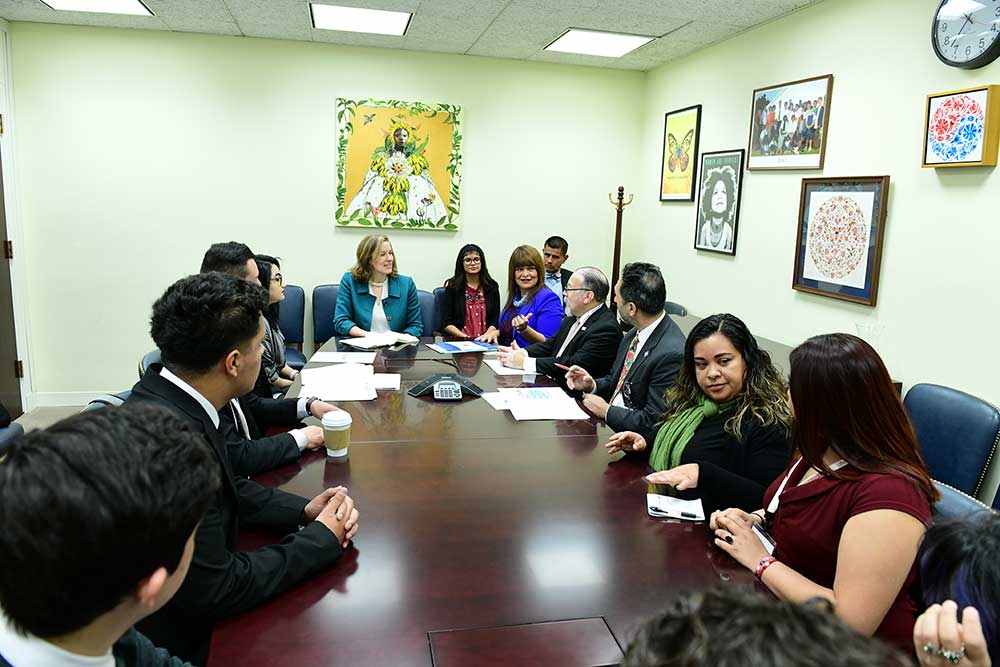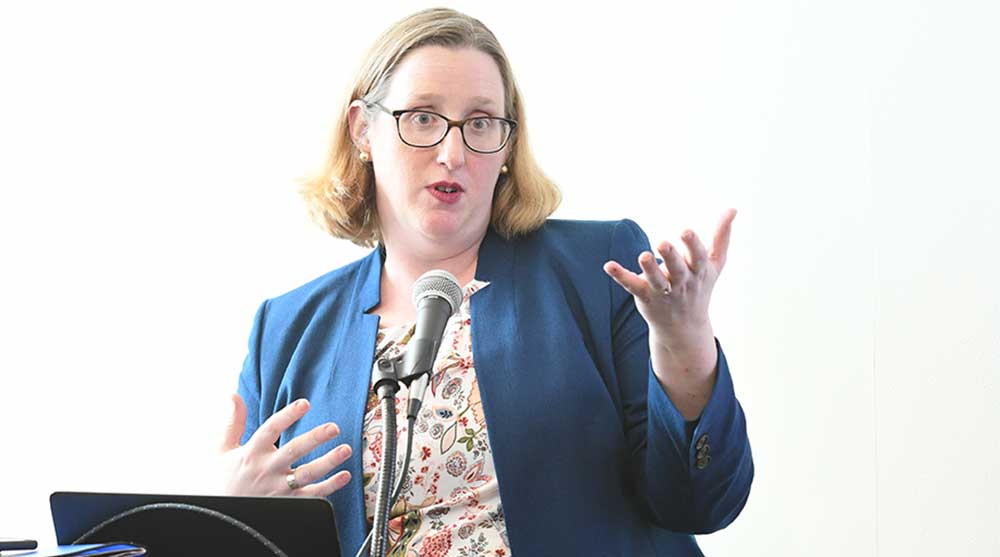A Month of UnidosUS Educational Events in Photos and Texts
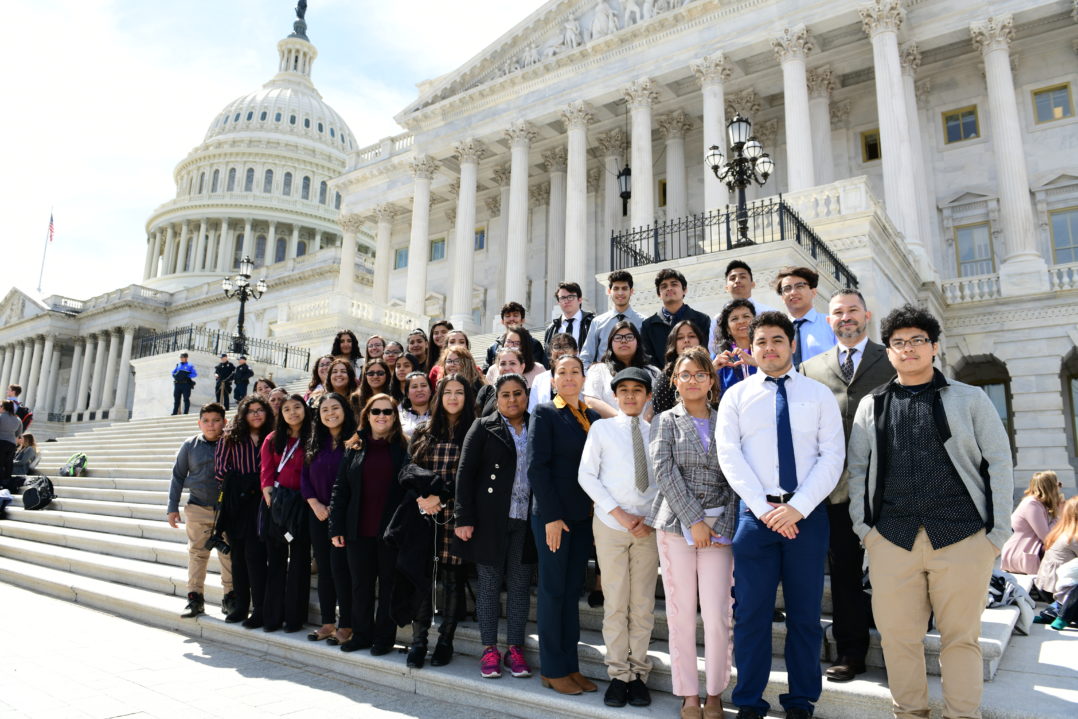
From youth advocacy and engagement summits to federal and state legislative sessions, March was a busy month for UnidosUS’s education program and policy teams. The following offers some of the highlights in texts and pictures.
Latino Youth Advocacy Forum, Washington, DC
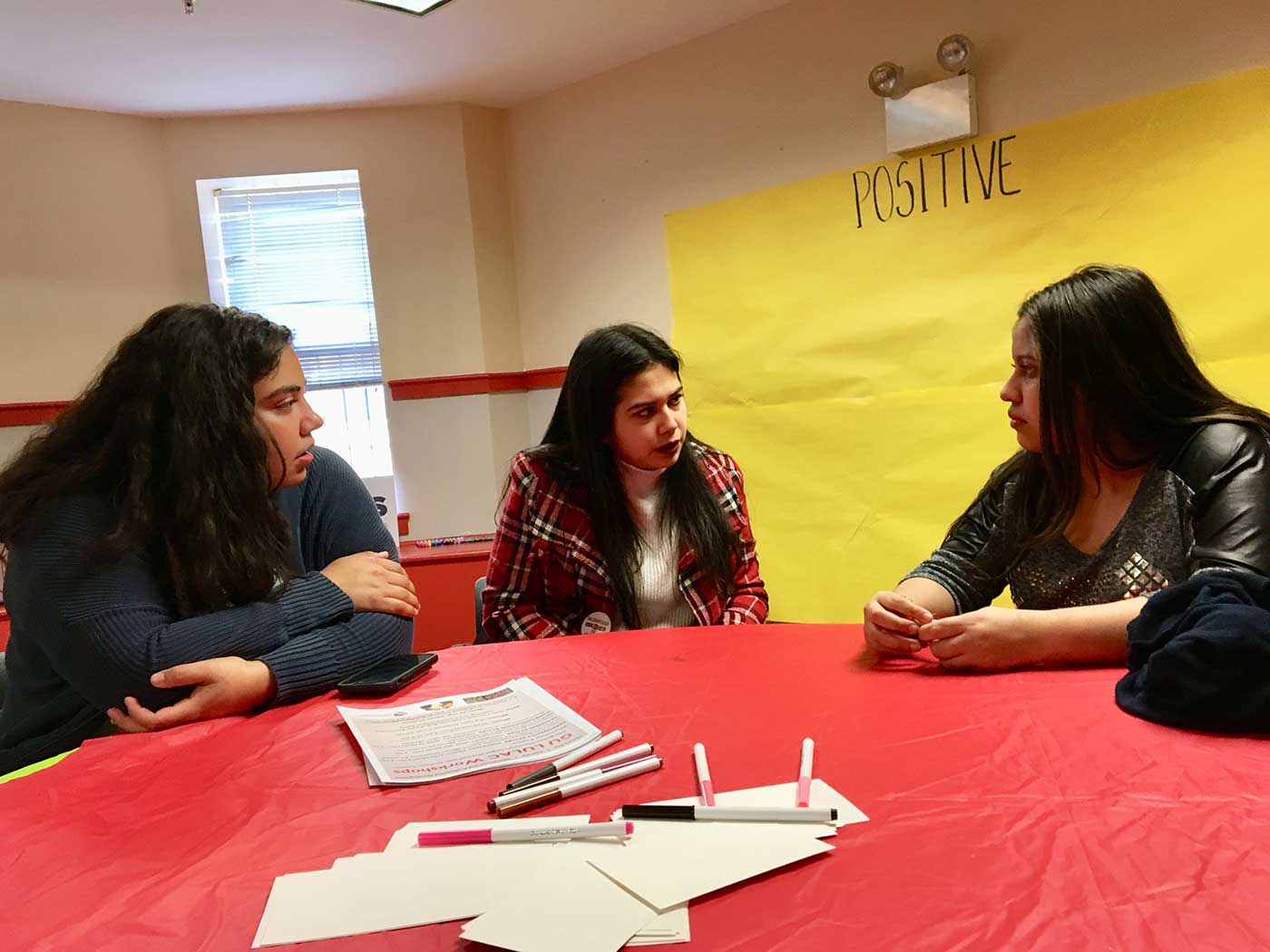
On March 21st, about 50 students and education advocates gathered at the Latin American Youth Center in Washington, DC for a Latino Youth Advocacy Forum aimed at helping youth consider the highlights and challenges of their public school experiences, and how best to advocate for themselves in their final years of high school. (Photo: Julienne Gage/UnidosUS)
On March 21st, about 50 students and education advocates gathered at UnidosUS Affiliate Latin American Youth Center (LAYC) in Washington, DC for a Latino Youth Advocacy Forum aimed at helping youth consider the benefits and challenges of their public school experiences, and how best to advocate for themselves in their final years of high school.
The workshop was based on a recent UnidosUS report The State of Public Education for Latino Students and led by its author, UnidosUS Deputy Director of Research Patricia Foxen, along with LAYC’s Community Peace Mobilizer Juan Pacheco.
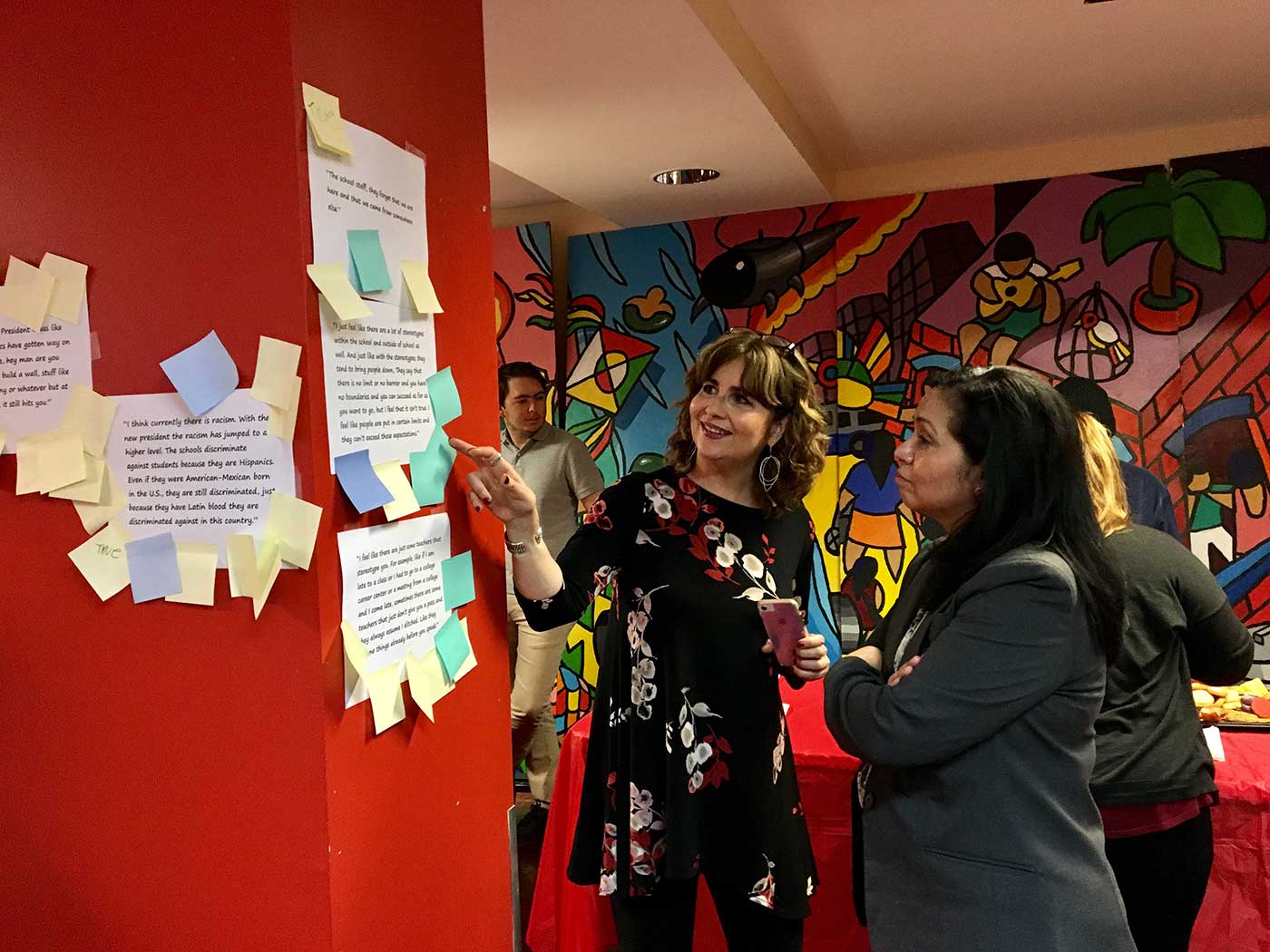
Over the course of several hours, students worked together to identify their own positive and negative high school experiences , and compared them with anecdotes and quotes taken from student sources in the UnidosUS report. From there, they discussed ways that they could troubleshoot to ensure their teachers and school administrators were doing everything they in their power to help them succeed.
“Advocacy is the way. I believe it teaches you a lot,” Rosa Reyes, a 20-year-old community organizer from Guatemala who both participated in and helped promote the event told UnidosUS. “A lot of the things will not just come to you. You have to ask for them, and sometimes you have to fight for them.”
ProgressReport is using this event as a pilot to build an explainer video and downloadable curriculum, which will be available later this spring.
2019 UnidosUS Changemakers Summit
From March 25-27, about 370 people, most of them Latino high school students, came from across the country to participate in the 2019 UnidosUS UnidosUS’ Changemakers Summit. The event gives youth a deeper understanding of public policy, the impact it has on their lives, and the civic engagement tools they need to make the laws work for themselves and their communities.

One of the summit’s most celebrated speakers was El Mirage, Arizona Mayor Alexis Hermosillo, an alumnus of UnidosUS’s Entre Mujeres young women’s leadership program. Hermosillo, aged 28, said she won votes by showing her “Latina superpowers,” which included just being herself. “Conformity will silence your voice. When you are you, it gives others permission to be them,” she told attendees.
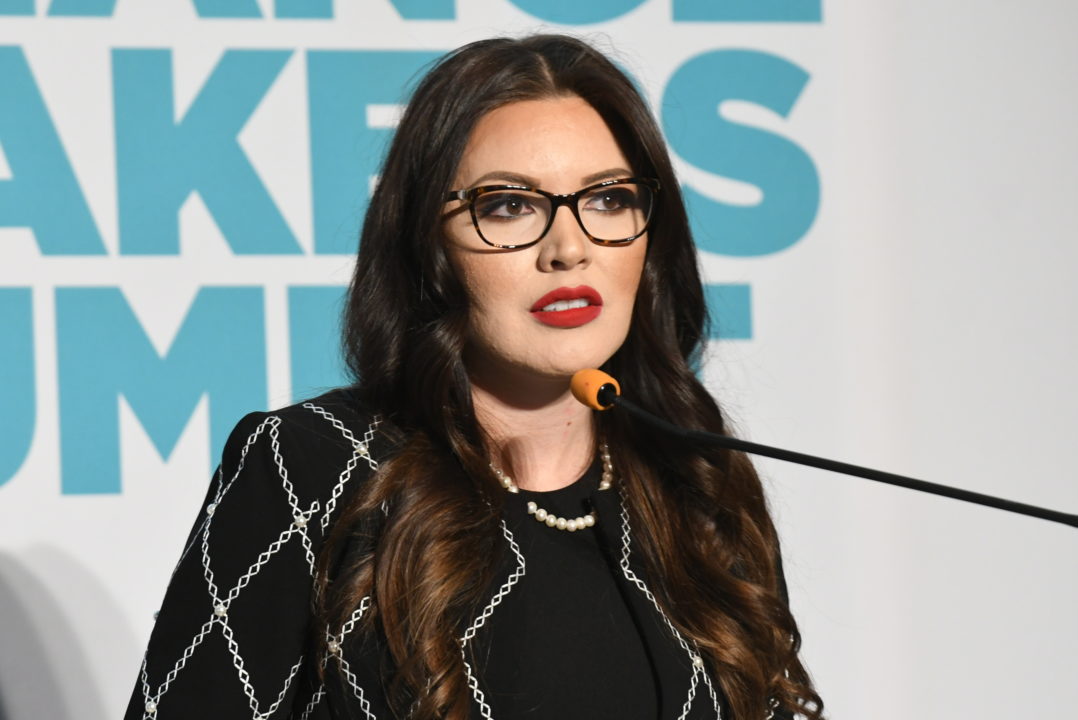
UnidosUS Arizona Legislative Briefing
On March 21, over 50 people representing educational leaders, educators, legislators, and schoolboard members, Affiliate organizations, and even some students met in Arizona’s state capitol to educate legislators and engage education advocates on the impact of the state’s English-only instruction policies.
More specifically, they addressed the UnidosUS-sponsored state bill HCR 2026, which would allow voters to consider a repeal of English-only instruction. The repeal would give schools the flexibility to use dual-language programs that develop bilingualism and biliteracy.
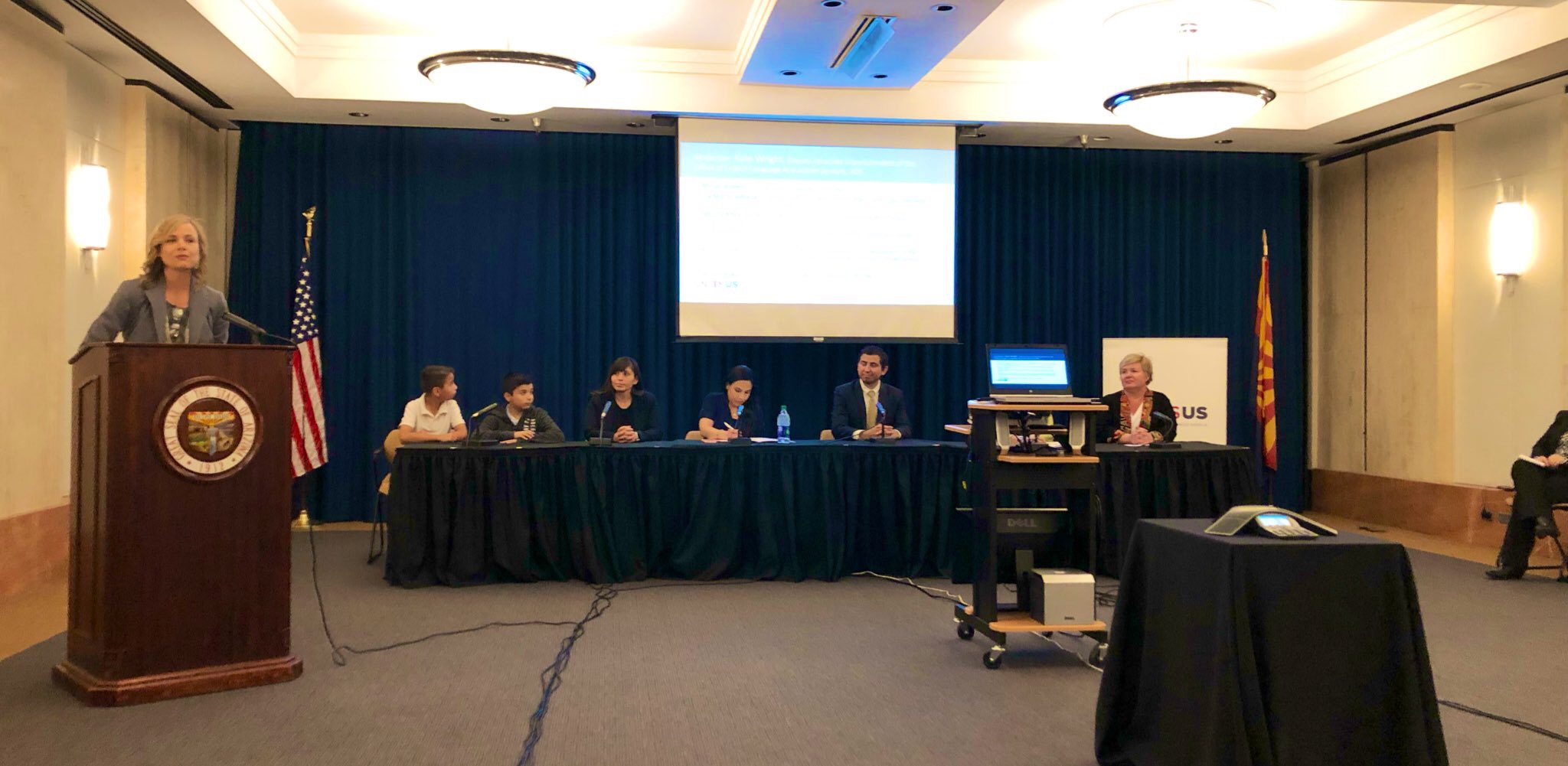
The discussion also delved into the benefits of dual-language learning. Promoters of dual-language programs say they develop bilingualism and biliteracy, grade-level academic achievement, and cross-cultural competencies. Civil rights groups like UnidosUS want to ensure dual-language programs serve both native English-speakers and native speakers of other languages.
“When you grow up you have more job opportunities, and you can talk to anyone that doesn’t know English,” fifth-grade student Felix Martinez told the group.

Florida Lobby Day
On April 3, UnidosUS took a delegation of several dozen education advocates including Florida Affiliates, community allies, and parents of English learners to the Florida state capitol of Tallahassee in preparation of an April 4th Florida Lobby Day. The goal is to advocate for statewide native language assessment program that will benefit up to 300,000 students in Florida.
“We can’t advocate without you. You are our connection to the communities that we are representing,” UnidosUS Education Policy Project Associate Director Amalia Chamorro told the delegates during lobbying preparations at a Talahassee hotel. “A lot of times that gets lost in the policy conversation, in the dry wonky issue debates, but to me it’s important that we’re hearing from the families we serve so that we know how they’re impacted by the policies we’re trying to bring.”
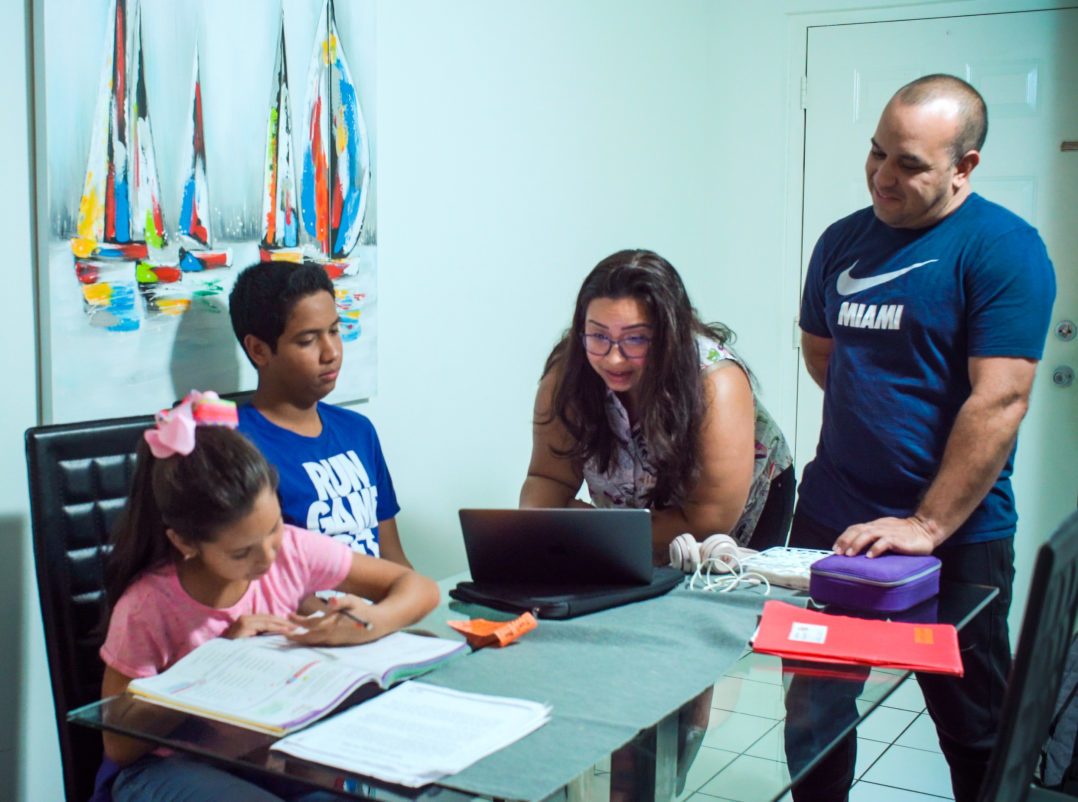
She noted those stories are equally important to the policymakers the delegation will meet with this week.
“You all don’t have to be policy experts. You get the issues, but it really is about bringing the voice of your community,” she said.
Venezuelan immigrant Jossie Ramos is one of the Floridians who heeded that call. She joined the delegation to advocate on behalf of her children, ages 9 and 16, and for other English learners like them.
“I’d like to tell them that we didn’t come here because we wanted to. We came here because we had to, and the ones suffering the most are the ones who should be suffering the least – the children. They’re the ones who will stay and become part of this country,” she says. “They should give them a lot more support than they give them. If we can’t manage to communicate, and understand each other, there’ll be a breaking point and this country will lose its potential.”


